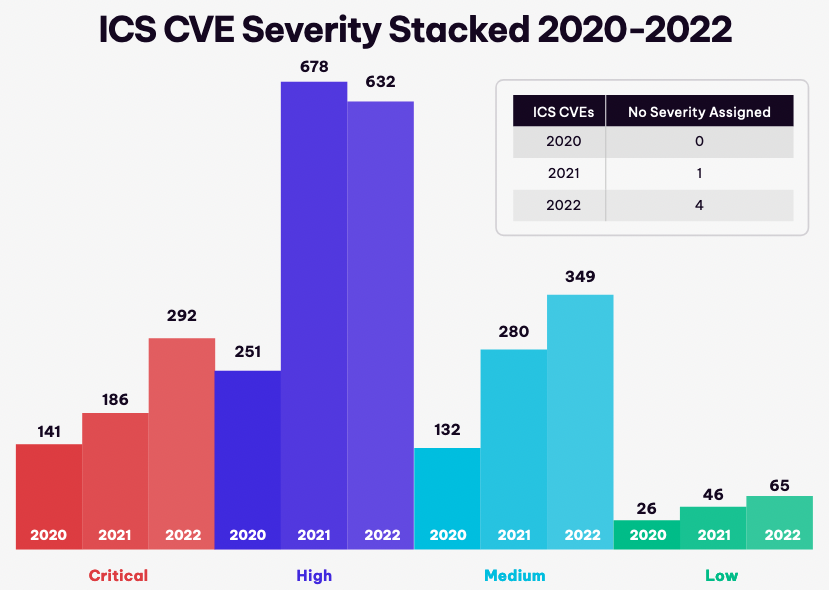Almost 4 in 5 organizations are making cybersecurity decisions without any insight into the attackers they are facing off with, according to a report from Mandiant, a unit of Google Cloud.
Fortinet uncovered a wave of zero-day attacks targeting PyPI packages by a cybercriminal group dubbed Core1337. It has published five packages to the public repository – all designed to launch different types of attacks. All the malicious packages have similar code in the setup.py file, the only major difference between them is the webhook URL. Developers […]
A surge of phishing emails impersonating DHL and MetaMask started hitting inboxes of Namecheap customers last week, attempting to trick recipients into sharing personal information or sharing their crypto wallet’s secret recovery phrase.
Russian media reported that Alexander Khinshtein, the head of the Duma committee on information policy, announced that the Russian government is evaluating to avoid punishing hackers acting in the interests of Moscow.
A ransom note from the new ‘DarkBit’ ransomware group was left on the university’s systems, where the attackers demanded 80 Bitcoin or roughly US$ 1,745,200 to release the decryptor to the university.
OilRig APT evolved its methods to bypass security protections by adding a new backdoor to its arsenal to support its long-running espionage campaign against government organizations in the Middle East.
Not only do many of the security holes discovered in 2022 impact Siemens products, the German industrial giant is also responsible for self-reporting the highest number of vulnerabilities, far more than other vendors, according to a SynSaber report.
Four different rogue packages in the Python Package Index (PyPI) have been found to carry out a number of malicious actions, including dropping malware, deleting the netstat utility, and manipulating the SSH authorized_keys file.
The National Institute of Standards and Technology (NIST) has selected a group of cryptographic algorithms called Ascon as the lightweight cryptography standard to protect data flowing through IoT devices.
Romance scams cost victims at least $1.3 billion in 2022, according to the US Federal Trade Commission’s latest numbers. Almost 70,000 people reported these crimes last year, and the median reported loss was $4,400.









